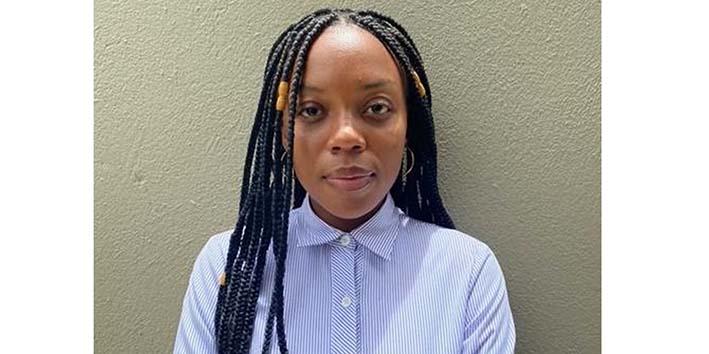Tujoromajo Kasuto
Namibia National Students Organisation (Nanso) Acting Spokesperson, Esther Shakela, says they are concerned with the safety and wellbeing of learners considering the pandemic has not subsided entirely.
But maintains that they are aware that there remains a risk of a surge in new cases, which would put teachers and learners at risk. “We are cognisant of the fact we have lost a lot of learning time as a result of lockdowns of that were imposed the beginning of last year, we have seen that some universities like University of Namibia has increased entry points, and this means that learners now have to do double the work just to quality considering that many of them have not covered the required content over the past two years,” Shakela notes.
She further notes that Nanso can’t say it was not a wise decision but necessary not to compromise the quality of education that the country has, and always hopes to achieve and continuously improve, at the end of every year. “We want to see learners at university next year, learners who have a quality of education that is assured. Thus we need to allow these learners to go back to school. Nanso adds that schools cannot afford to be complacent in adhering to safety and health regulations that are in place to ensure that schools do not become breeding ground for covid-19.
It urges all learners and schools to have all hands on the deck so that if cases increase, the schools are not caught off guard and classes are able to continue without compromising their safely, health and without putting their life at risk.
Minister of Health and Social Services, Dr Kalumbi Shangula, says it is a balancing act when looking at the bigger picture there are many factors to be looked at to come to decide to relax lock down regulations. “There [are] Technical Committees who looked at the economic situation and the impact on community members, when a decision was taken under the circumstances in the best interest of the country,” says Shangula.
Meanwhile, social commentator, Ndumba Kamwanyah, says the Government was too quick to relax Covid-19 regulations, fearing the country going back to where she was in July when a high death rate and cases were reported. “Just one month just to make sure we are out of the woods, but the data seems to prove me wrong as maybe my skepticism was not really grounded in good data, it seems we are going down but I still want us on the cautious,” he says.
Kamwanyah adds that he fears another Covid-19 wave striking the country, and a more precautious approach could have been taken until there is certainty that a lot of people have been vaccinated.
Kamwanyah further notes he is cognizant that the decision was made in terms of the economy but vents that “at times especially in situations like this where you have people dying, with high numbers of individuals in ICU requires more observation times before making decisions.
Public gatherings were adjusted to 100 persons per event with all schools and educational institutions now to operate at full capacity. Consumption of alcohol at restaurants is now allowed is allowed at restaurant with meals until 22h00 with gyms, nightclubs and casinos having resumed operations with up to half the capacity of people. All contact sports may resume without spectators.
Namibia recorded more than 1 500 deaths in July alone, with less than five percent the country not inoculated while she aims to reach herd immunity to return to normalcy by vaccinating at least 60-80 percent of the population.
Shangula recently said 190 306 people had received at least one dose of the Covid-19 vaccine, while 83 629 had received two doses. The country stands at a cumulative confirmed cases of 122 885 with the death rate at 3021.




